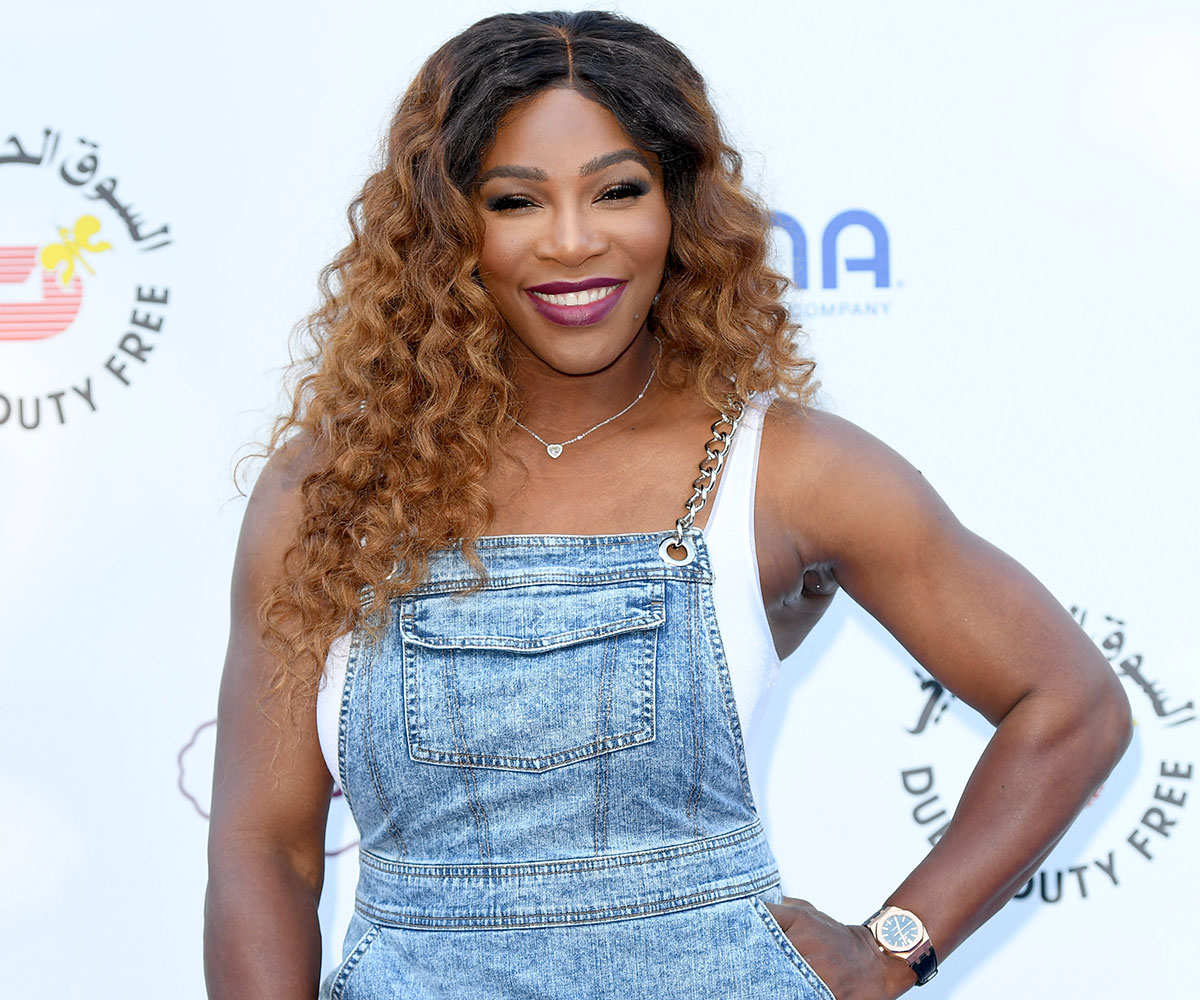Be honest, when you heard the news that politician Paula Bennett had undergone gastric bypass surgery in a bid to lose weight and get her health back on track, was there a tiny part of you that felt she’d taken the easy route to shedding unwanted kilos? Surely becoming slimmer is just about self-control, cutting the calories and exercising more, and there shouldn’t be any need for surgical intervention? Isn’t it sort of cheating?
That is what most of us think, says Kate Berridge, an Auckland bariatric nurse. Even though there is plenty of evidence to show the eat less/move more approach to weight loss isn’t working, that it locks people into a cycle of yo-yo dieting and ultimately they only get heavier, we still somehow have faith that the next miracle eating plan will be the one to succeed.
Kate has worked with about 5000 people who have had weight loss surgery. She’ll tell you it’s not the easy route it might seem.
“But it’s the only way we currently have of achieving meaningful long-term weight loss. No amount of exercising and eating Paleo is going to do that. It might happen in the short term but you follow those people and every single one of them will have regained a huge chunk because that’s how the body responds to weight loss.”
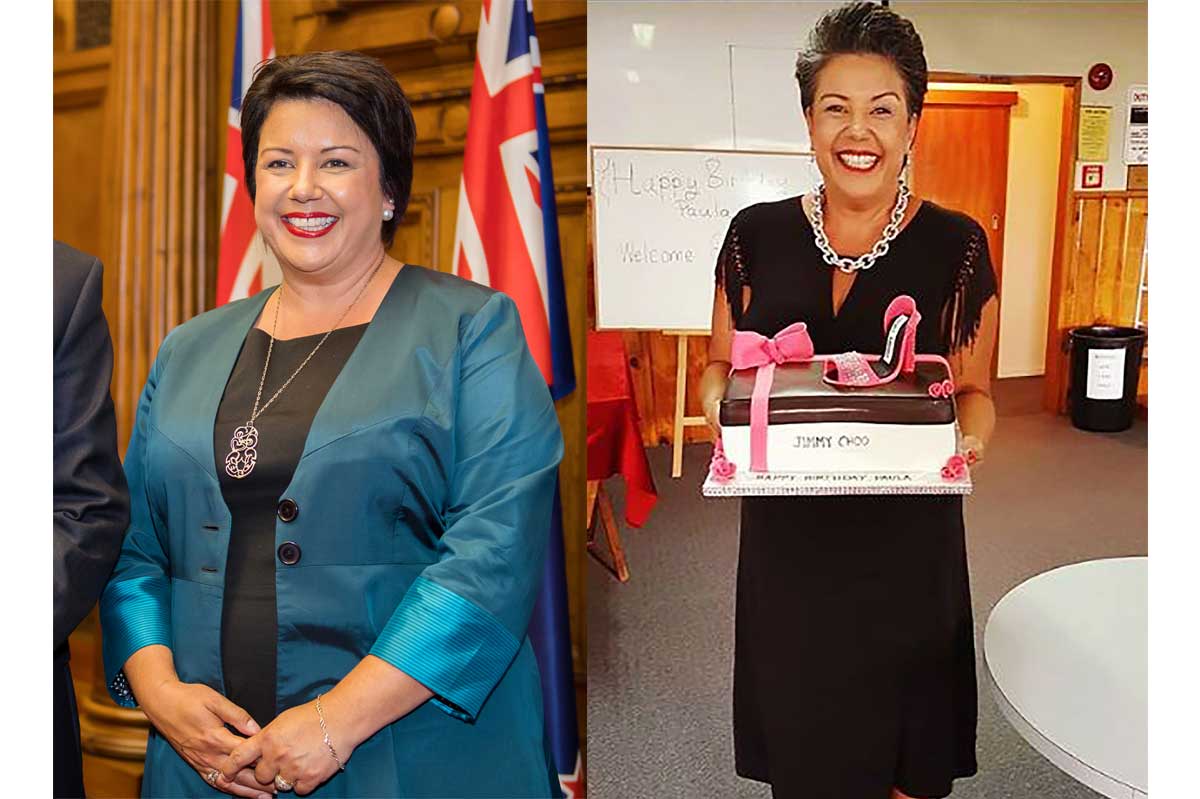
US scientist Kevin Hall proved that when he followed 14 contestants from season eight of the reality TV show The Biggest Loser. Yes, they had changed their body shapes thanks to frugal eating and boot camp.
But he found they had also slowed their resting metabolic rate – the amount of energy we need to burn simply to stay alive – plus decreased their levels of a hormone called leptin, which controls hunger and feelings of satiety.
So basically, as a result of their massive weight loss, these people were hungrier than the rest of us and were burning fewer calories. Unsurprisingly, once the TV show finished and they returned to their normal lives, most started regaining the kilos they’d lost.
Their body’s mechanisms were working to return them to their previous weight set point. Add to that the fact that a proportion of people are genetically predisposed to storing energy as fat and you begin to see why even someone like Oprah Winfrey – rich enough for legions of personal trainers and nutritionists – has for decades been caught in what the experts call “weight cycling”. And why people like politicians Paula Bennett and Marama Fox decided surgery was their only option.
Paulette Crowley’s weight loss surgery story
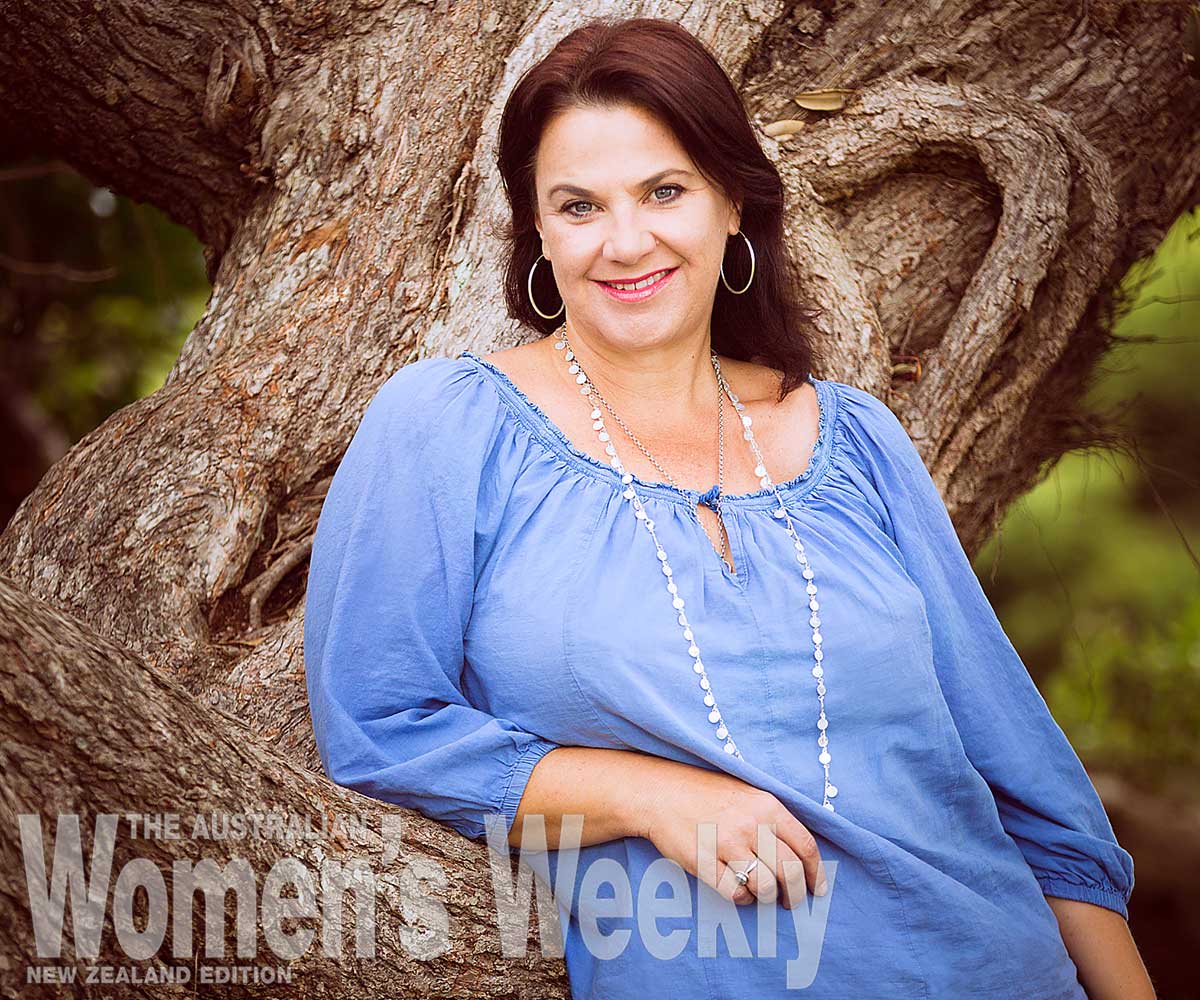
Auckland journalist Paulette Crowley had spent a lifetime dieting, trying pretty much everything – from Weight Watchers to the cabbage soup diet.
“I’d struggled with my weight from childhood and by the time I was in my 20s I was quite obese,” she says. “I was the classic yo-yo dieter – no matter what I did I couldn’t keep the weight off. It just came back and more.”
A mother of two, she was pre-diabetic and starting to get sore ankles and knees. “I love walking but it was affecting my mobility. I knew I was in big trouble and it was time to do something drastic.”
And weight loss surgery certainly is drastic, says Paulette. She actually backed out several times, wary of going under the knife.
“I was also frightened of not being able to eat. I had a huge emotional attachment to food. I’d used it quite addictively as a stress relief.”
Five years ago, weighing in at 119kg, Paulette underwent gastric sleeve surgery. This is by far the most commonly performed weight loss procedure in New Zealand. It involves the stomach being reduced to a narrow sleeve, which limits the portion size you can eat and gives a feeling of fullness after far less food.
For surgical safety, Paulette first had to go on the very low-calorie Optifast diet to take the fat out of the liver and shrink it. That was tough enough.
“I lost 8kg in two weeks and it was a very emotional time. I cried every day,” she recalls.
There was another drastic dietary adjustment after surgery, with Paulette being able to eat only tiny amounts of puréed food. While it felt good to be finally doing something positive for her health, emotionally it was still tough.
“You can’t eat dinner with your kids any more and there’s no point going to a café – you feel as if you’re never going to be part of the food world again,” she says. “You totally grieve for food at first. You feel bereft. But you get it back in a healthier way if you work at it.”
The first year post-surgery was the golden period. Sticking to the guide-lines – protein first, then vegetables – it seemed she couldn’t help but lose weight and in total she shed 40kg.
As a general rule, around 18 months after surgery the weight plateaus and the appetite returns as the body comes back into balance. And while the stomach never goes back to its original size, after about six months it relaxes so that rather than a few teaspoons of purée, three side-plate-sized meals a day becomes the norm.
“I was actually quite frightened about the amount I could eat,” admits Paulette. “You can still make all the wrong choices. And you can drink your calories – they go down a treat. Milkshake, Coke, wine.”
Paulette found herself regaining five of her lost kilos. Not wanting to go back to the way things had been, she addressed her alcohol consumption.
“That had gone up and was affecting my health. So I stopped drinking altogether three years ago and it made a difference.”
Now Paulette has found a balance. She maintains a healthy 35kg weight loss while still being able to take pleasure in cooking and eating with her family. Treats can be enjoyed in moderation – having one biscuit, not the whole pack, a scoop of fancy ice-cream rather than a tub of cheaper stuff.
“I love food,” she says. “I have a healthier relationship with it now and enjoy it more because I’m not as fearful. It’s almost like food has been put in its place.”
It has taken her head a while to catch up with the changes to her body. In shops, Paulette still finds herself assuming clothes won’t fit her, then feels amazed when they do.
“And when I lost weight I noticed people started bumping into me in crowds. When you’re a big person everyone gives you a wide berth. So navigating the world as a smaller person is different.”
While she feels better than she has in her life, Paulette, 47, knows she’ll never be able to completely relax about her diet. “But everybody has to be mindful of what they eat,” she points out. “And I’m not into clean-eating or fads. I’m just getting on with being as healthy and happy as I can.”
She has been open with friends, family and colleagues about the surgical reason behind her weight loss. “I figured I had nothing to be ashamed of and encountered great positivity and support,” she says. “A couple of people said they couldn’t understand why I just didn’t cut out carbs or have smaller meals without having to go under the knife. These people just didn’t get it – if I could have done that, I would have. I feel like these same people are always watching me to see if I put the weight back on… happy to report I’ve let them down.”
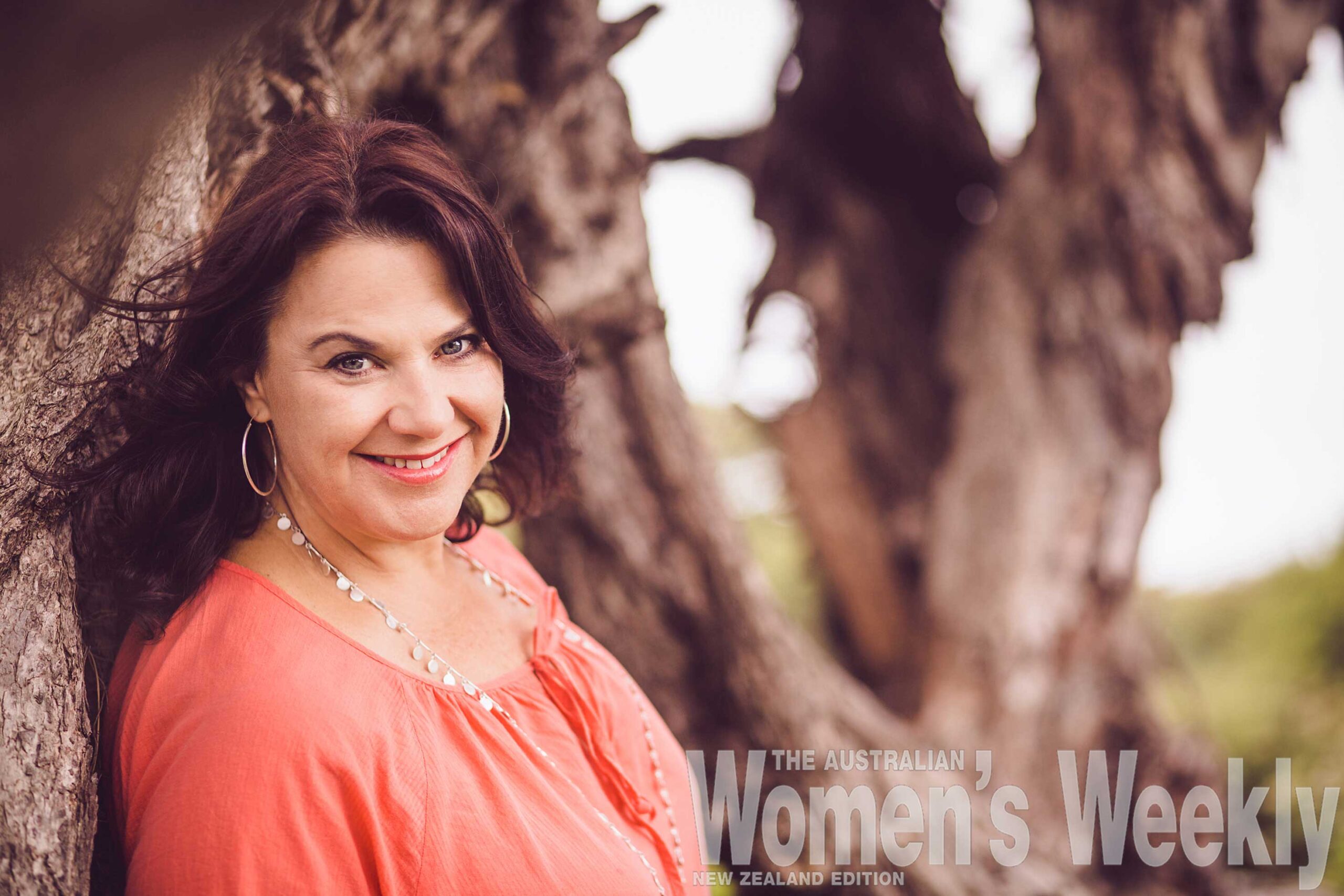
Maree Gibson
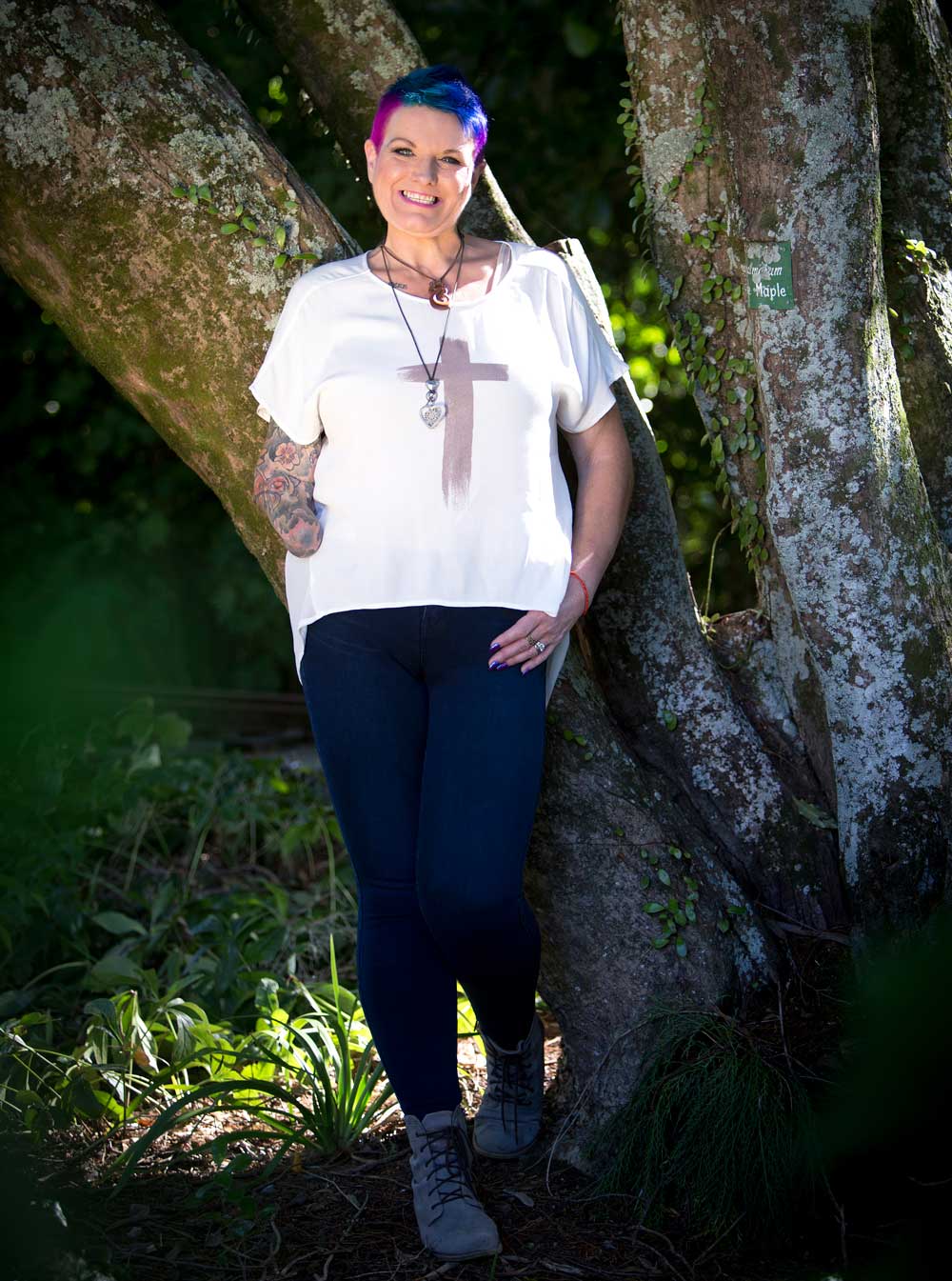
Palmerston North actress and teacher Maree Gibson tells a familiar story of comfort-eating her way through stress and despair, of endlessly dieting but only getting bigger, and of feeling a deep sense of shame.
“I was really good at losing two stone,” she says. “But when you’ve got 10 to lose it’s hard. And my body was constantly fighting me; trying to get back to the old weight.”
After being involved in a serious car crash at the age of 31, Maree had to have her right arm amputated. Afterwards, recovery was a long slog and she kept getting bigger. She peaked at 170kg (she’s 5ft 11in/1.8m tall). That was when doctors realised the reason they couldn’t fight a serious infection in her leg was because she had diabetes.
Faced with the possibility of losing another limb, Maree opted to have a Roux-en-Y gastric bypass. This is the weight loss surgery that has been around for the longest. It involves reducing the stomach size to a small pouch and bypassing part of the gastrointestinal tract, which means not only are you restricted to eating smaller portions, but food you do consume isn’t absorbed as effectively, so patients have to take lots of supplements to avoid malnutrition.
Maree was completely open with those around her about what she was doing. “Everyone was so supportive because they could clearly see my weight was killing me.”
She says the surgery is the best thing she ever did. For a start, her diabetes was cured. “And I lost 85kg in nine months. The weight fell off me. I hardly ate anything.”
Mentally it was a challenge though. “I had a phase where I got depressed,” she recalls. “Three months in, it felt like I’d lost my best friend. All this stuff kept cropping up and my go-to wasn’t there. I couldn’t eat my way through it. And thinking about food, shopping for it, preparing it, socialising with it – it had all taken up a lot of space and afterwards there was this big gap.”
Fifteen months in, her appetite returned and Maree started to struggle, gradually regaining 30kg. She believes this was because she hadn’t dealt with the reasons she over-ate in the first place.
Therapy helped shift her mindset. Maree attended the Foundations of Healthy Living Retreat in Ohakune, a four-day residential programme that teaches the principles of self-care as well as nutrition.
“It was one epiphany after another,” she says. “Learning who I am, thinking about the choices I’d made, ditching that sense of shame. That was the biggest step. Suddenly there was hope.”
Nine years after her surgery, with the help of therapy, Maree, 46, has lost the kilos she regained and her weight has stabilised.
“Everything has changed. I look back and sometimes I don’t recognise the person I was.”
She still suffers a lot of pain as a result of the car accident, but she’s busy doing all the things she put off when she was a bigger woman – travelling, acting, life coaching, motivational speaking, writing. She has even taken on an MC role at the retreat that helped her.
“My life was getting smaller and smaller,” she says. “Now it feels I’m larger than life. And I’m okay with that because I’ve got a lot of time to make up for. I look back and think I was waiting for someone to rescue me. The day I took charge and became my own knight in shining armour was the day life changed. The surgery was part of that but I still had to put a lot of work in.”
Maree still has pinch-me moments. “Once I was sitting outside a Farmers store and I was watching this woman and thinking she looked really cool and then I looked closer and realised I was looking at my own reflection.”
She still turns to food for comfort every now and then. “But I feel so much better equipped. I know I’m going to fall down; that’s life. But I feel more capable of being able to stand up again.”

